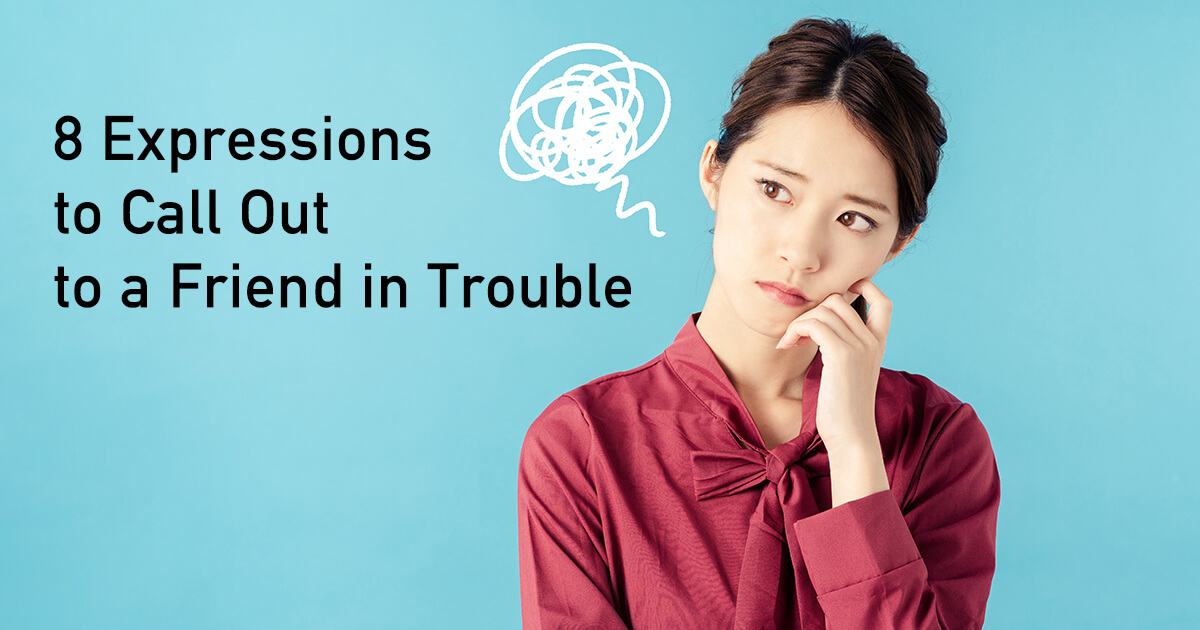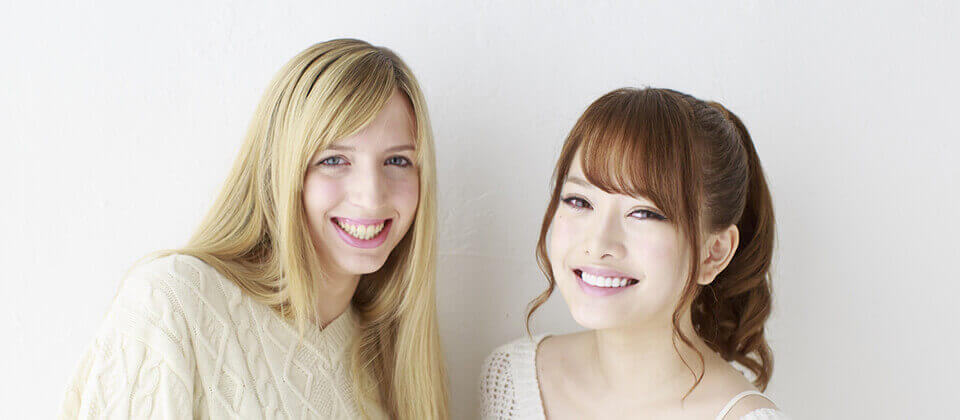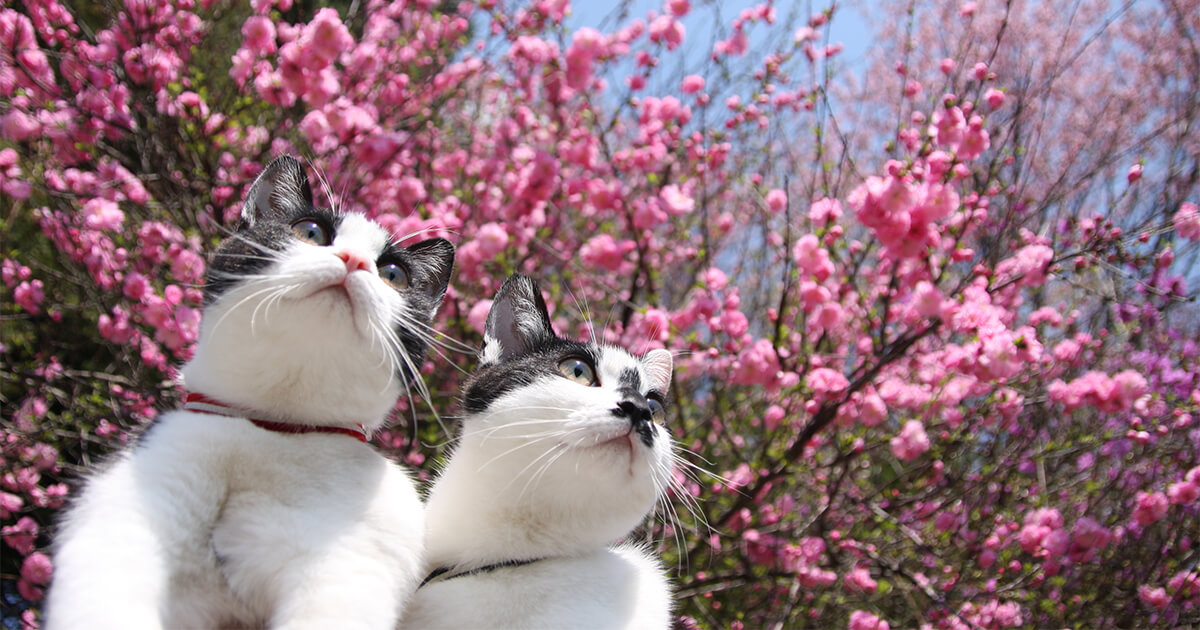
Let’s look at eight expressions to encourage and acknowledge someone in Japanese, starting from the easy ones.
いいね Iine (Great, good)
Designer: このデザイン、どう?
Kono dezain doo?
How is this design?
Engineer: いいね!
Iine!
Great!
Girlfriend: このふく、どう?
Kono fuku doo?
How does this look on me?
Boyfriend: いいね!
Iine!
Great!
The “Like” button on Facebook and Youtube is called the “いいねボタン iine botan” in Japanese. “ii” is an adjective and “ne” is a final particle to show agreement. To be more polite, you can also say “いいですね iidesune”.
すごい Sugoi (Terrific, great)
Designer: この投稿(とうこう)、1日(いちにち)で1万(いちまん)いいねもらったよ。
Kono tookoo, ichinichi de ichiman iine, morattayo.
We got 10,000 likes for this post in one day.
Engineer: すごい!
Sugoi!
Terrific!
Boyfriend: 給料(きゅうりょう)、あがったよ。
Kyuuryoo, agattayo.
I’ve got a pay raise.
Girlfriend: すごいね!
Sugoine!
Terrific!
”Sugoi” is an adjective meaning “very good, terrific, amazing, excellent”. We’d feel good if someone says that we’re “sugoi”. Adding “ne” at the end shows a strong feeling of admiration.
だいじょうぶ Daijoobu (It will be alright)
Designer: プレゼン、じょうずにできるかな。
Purezen, jyoozu ni dekirukana.
I wonder if I can pull off this presentation.
Engineer: だいじょうぶ。
Daijoobu!
It will be alright.
Boyfriend: 君(きみ)のお父(とう)さんに会(あ)うの、緊張(きんちょう)する。
Kimi no otoo san ni auno, kinchoo suru.
I’m nervous meeting your dad.
Girlfriend: だいじょうぶ!
Daijoobu!
It will be alright.
”Daijoobu” means “there is no danger and the situation makes you feel at ease; someone who is strong and reliable” (Daijirin dictionary). You can use this expression to calm someone and help them regain their confidence.
がんばれ。がんばって。Ganbare! Ganbatte! (Go for it, keep it up, try you best)
Spectator 1: がんばれ!
Ganbare!
Go for it!!
Spectator 2: がんばって!
Ganbatte!
Go for it!!
Boyfriend: あしたのしけん、しんぱいだな。
Ashita no shiken, shinpai dana.
I’m worried about tomorrow’s test.
Girlfriend: だいじょうぶ!がんばって。
Daijooobu! Ganbatte.
It will be alright. Try your best.
The word “がんばります ganbarimasu” means “to make an effort without succumbing to hardships” (Shinjirin dictionary) It is often used to encourage people who do sports or people are facing hardships.
It’s a favourite phrase of the Japanese people. “Ganbare” is the imperative form, but it is often used to encourage people. “Ganbatte” is the abbreviation of the request “ganbatte kudasai” (please try your best). It sounds more polite than “ganbare”.
さすが。Sasuga (I knew it, as expected)
Student 1: JLPTの1級(いっきゅう)に合格(ごうかく)しました。
JLPT no ikkyuu ni gookaku shimashita.
I have passed JLPT level 1.
Student 2: おめでとうございます。さすがですね!
Omedetoo gozaimasu. Sasuga desune.
Congratulations. I knew you can do it!
Husband:昇進(しょうしん)したよ。
Syooshin shitayo.
I have been promoted.
Wife:すごい!さすが!
Sugoi! Sasuga!
Amazing! I knew it!
”Sasuga” means “when something fits the reputation or meets the expectations and you are once again impressed by it” (Daijisen dictionary). It is used when you are once again impressed by something even though it is within your expectation. You would expect an overseas student in Japan to be good in Japanese.
So when he passed the JLPT test, everyone is once again impressed by his ability. Using “sasuga” between a couple makes them feel good and helps to have a better conversation.
かっこいい Kakkoii (Cool)
Designer: このロゴ、どう?
Kono logo doo?
How is this logo?
Engineer: かっこいいですね。さすがですね。
Kakkoii desune. Sasuga desune.
Cool. As expected.
Girl 1: クラスで誰(だれ)が一番(いちばん)かっこいいと思(おも)う?
Kurasu de darega ichiban kakkoii to omou?)
Which guy do you think is the coolest in the class?
Girl 2: 山田君(やまだくん)が一番(いちばん)かっこいい。
Yamada kun ga ichiban kakkoii.
I think Yamada is the coolest.
Female junior: 先輩(せんぱい)のように、かっこいい大人(おとな)の女性(じょせい)になりたいです。
Senpai no yooni, kakkoii otona no jyosee ni naritaidesu.
I want to be a cool and matured woman like you.
”Kakkoii” is the abbreviation of “格好(かっこう)がいい kakkoo ga ii” (in good shape, style form). It is mainly used by children or young people to indicate that the physical appearance or behaviour of someone or something is stylish and that it fits their own preferences.
It means “wonderful, great” (Daijisen dictionary). It is often used to compliment men, but you can also use it to describe women who are dignified and strong, rather than feminine and cute.
あなたならできる Anata nara dekiru (If it’s you, you can do it)
Female senior: プロジェクトのリーダーを、やってもらいたいの。
Purojekuto no riidaa wo yattemoraitaino.
I want to appoint you as a project leader.
Female junior: え?わたしには無理(むり)です。
E? Watashi niwa muri desu.
What? It’s impossible for me.
Female senior: だいじょうぶ。あなたならできる。
Daijoobu. Anata nara dekiru.
If it’s you, you can do it.
”Anata” means “you” but it tends to be omitted in Japanese. As such, you can also insert a name to replace “anata” such as “吉田さんならできる Yoshida san nara dekiru”. “Nara” is an auxiliary verb that connects nouns. It means “if it is you”.
It is often used to encourage people if the person seems to buckle under the pressure. You can also say “あなたならだいじょうぶ anata nara daijoobu” (If it’s you, it will be alright).
そのままでいい Sonomama de ii (Stay the way you are)
Child:勉強(べんきょう)もできないし、運動(うんどう)もできないし、ぼくは価値(かち)のない人間(にんげん)だ。
Benkyoo mo dekinaishi, undo mo dekinaishi, boku wa kachinonai ningenda.
Since I am not good at study nor sport, I am a worthless person.
Mother:勉強(べんきょう)ができなくても、運動(うんどう)ができなくてもいい。そのままでいい。
Benkyoo ga dekinakutemo, undo ga dekinakutemo ii. Sonomama de ii.
You don’t have to be good at study nor sport. Stay the way you are.
”Sonomama” means “without change or to keep the existing state” (Kojien dictionary). It is often used to describe not changing the status of things around you such as in “食器(しょっき)はそのままにしておいて。あとで洗(あら)うから Shokki wa sonomama nishiteoite. Atode arau kara (Leave the dishes as they are. I’ll wash it later)”.
However, you can also use it for people. It is a very powerful phrase to show complete acknowledgement and acceptance of a person. The child will surely cheer up if he hears this from his mother.
Which phrase do you like? Personally, I would feel very happy if I hear “sasuga” from others. “Sasuga” means you already have a good reputation, but this fact is once again acknowledged by the speaker through certain events. It is a short word, but it shows that you are always thought of as an amazing person even though it is usually not said.
Try to remember beautiful Japanese phrases and use it to build good relationships with others.






